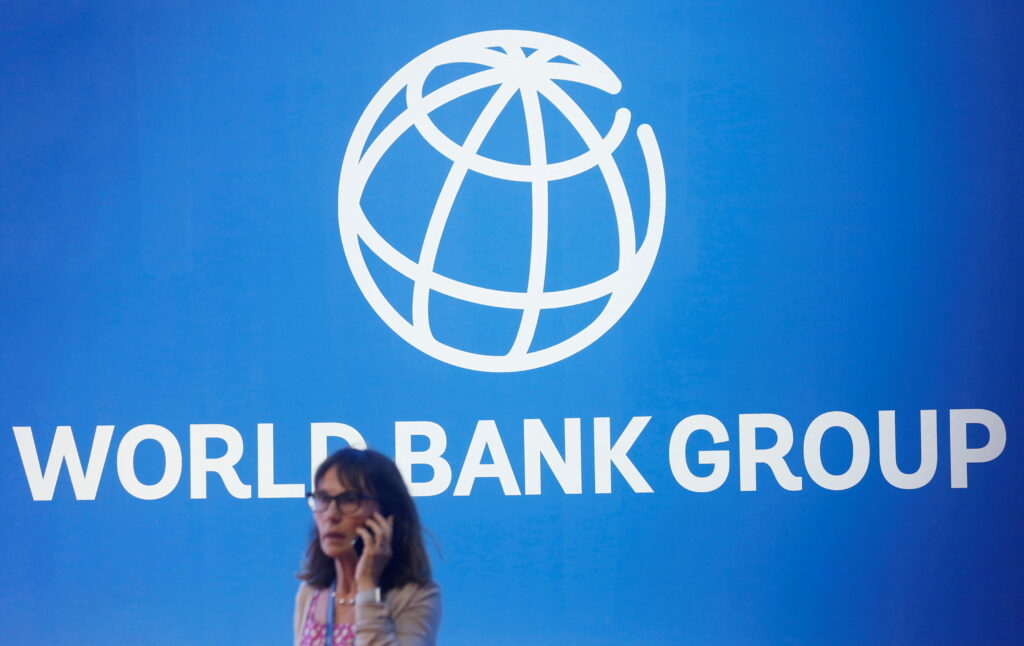The World Bank has warned that the Niger coup d’état could put further strain on the food markets in Nigeria and other West African countries.
3.3 million people already experience severe food insecurity during the lean season, and the Nigerien coup d’état puts an additional seven million people in the region at risk of experiencing it as a result of rising prices for basic commodities and food items.
In its September “Food Security Update,” the bank made this declaration. The Niger coup d’état “may add to the pressure already present on West African food markets,” it said.
The Washington-based bank claimed that in August, food prices in Niger rose by up to 21% as a result of the economic and financial sanctions the Economic Community of West African States and the West African Economic and Monetary Union imposed on the nation.
It noted that this limited poor households’ access to food and their ability to meet their dietary needs.
It said, “With the government’s limited financial capacity to implement its food assistance programme, continued provision of food aid by the World Food Programme remains essential, but access restrictions are hindering delivery of aid.
“Moreover, FAO expects that shortages of seeds and feed and high fertilizer costs will affect the next agriculture season, exacerbating food insecurity, which is expected to persist beyond the lean season.”
The bank highlighted that Western and Central Africa were facing persistent food crisis, with the number of people in need of food and nutritional assistance in the region rising from around 10.7 million in 2019 to almost 29 million in 2021 to more than 40 million in 2022 and 2023.
It stressed that between June and August 2023, 42.5 million people in Nigeria and other West African countries were in a food crisis or worse.
It said, “The main factors affecting food security are civil insecurity and conflict, which have led to forced displacement; climatic shocks; political instability; the consequences of the COVID-19 pandemic; and the war in Ukraine, which have increased the volatility of prices for foodstuffs and other commodities and caused widespread inflation. Current food prices of the main staple and imported food products remain higher than during the same period last year.”










More Stories
Go to Stroke Ward of UNIPORT Teaching Hospital, Sowore tells Prophet UO Miracle who vowed to showcase healing in display of his powers
VIDEO: Soludo threatens road side preacher with N500,000 fine for disturbing others
Fulani herdsmen were behind my abduction, says Afenifere youth leader